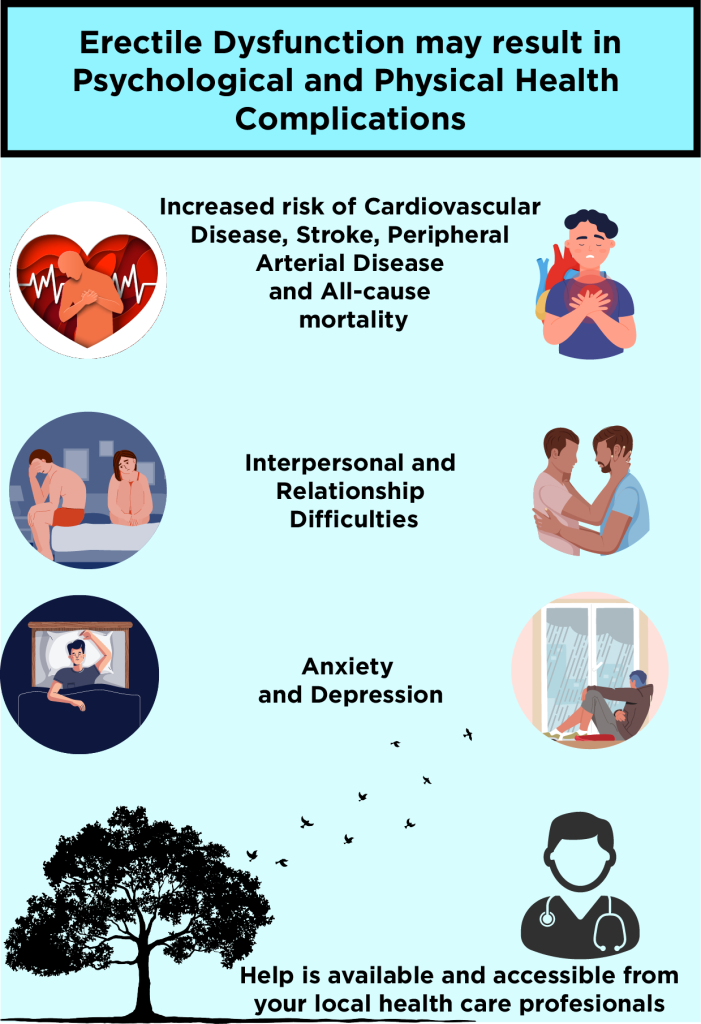LET’S CARE NOW
Welcome to our Educational Section about LET’S CARE NOW
We hope this page and the resources within the page provide you with the information you need to learn more about Diabetes and sexual dysfunction and what help is available
In this video Professor Anne Phillips and co-Chair of iDEAL Diabetes CIC introduces why screening for Erectile dysfunction for men with Diabetes is so important and discusses the value to the resources within this webpage regarding increasing knowledge and awareness of Erectile dysfunction to support men with diabetes in their care to seek early referral and help for this condition.
This animation which can be viewed below offers you the opportunity to promote LETS CARE NOW and encourages its use with every person with diabetes
Feedback from Men experiencing Erectile Dysfunction
![Qoutes erection [Recovered]](https://usercontent.one/wp/idealdiabetes.com/wp-content/uploads/2023/06/Qoutes-erection-Recovered-1.png?media=1687957852)
Multi-disciplinary Health Care Professionals who work with People with diabetes at risk of or experiencing Erectile Dysfunction
How is a man affected by erectile dysfunction initially assessed?
(This guidance is from NICE National Institute of Health and Care Excellence 2023)
If a man presents with erectile dysfunction following initial assessment:
-
Arrange emergency hospital admission if there is evidence of priapism (painful prolonged erection for more than 4 hours — may be a rare adverse effect of specialist treatments for erectile dysfunction).
-
Arrange referral to a urology specialist if:
-
The man is young or has a lifelong history of difficulty in obtaining or maintaining an erection (possible primary erectile dysfunction).
-
There is a history of pelvic, perineal, or genital trauma.
-
There is a penile structural abnormality or abnormal testicular examination.
-
-
Arrange referral to an endocrinologist if:
-
A diagnosis of (hypogonadism) is suspected (low serum testosterone level) or there are other abnormalities of testosterone, follicle-stimulating hormone (FSH), luteinizing hormone (LH), or prolactin levels.
-
Testosterone replacement is being considered.
-
-
Arrange referral to a cardiologist or seek specialist advice if:
-
The man is at high cardiac risk (or intermediate cardiac risk, depending on clinical judgement), where sexual activity may be unsafe or phosphodiesterase-5 (PDE-5) inhibitor use is contraindicated.
-
Advise stopping all sexual activity until specialist assessment, and a decision has been made that further cardiac assessment and management is needed, or it is safe to resume sexual activity.
-
-
This risk factors for Cardiovascular disease are shared with Erectile Dysfunction. Men with Erectile dysfunction offer an opportunity to identify Cardiovascular risk factors earlier and to initiate risk-reduction lifestyle changes. This enables men to add ‘years to life’ and life to years.
This flowchart demonstrates decision making in Cardiovascular risk assessment in men with erectile dysfunction landmark work by Graham Jackson, Guys and St Thomas Hospital Trust, UK, about Erectile Dysfunction and Cardiovascular risk
Sources of information and support can be found on the following websites;
-
-
The NHS information (Erectile dysfunction).
-
The Sexual Advice Association (SAA, website (www.sexualadviceassociation.co.uk) has patient information on (Erectile dysfunction, Explaining sexual problems to your GP), and a booklet (Sex and the Heart).
-



This LET’S CARE NOW Project Webpage and contents has been created by an independent Multi-Disciplinary Team. Viatris provided unrestricted educational grant for the development and production of this webpage but has had no input into the content.














